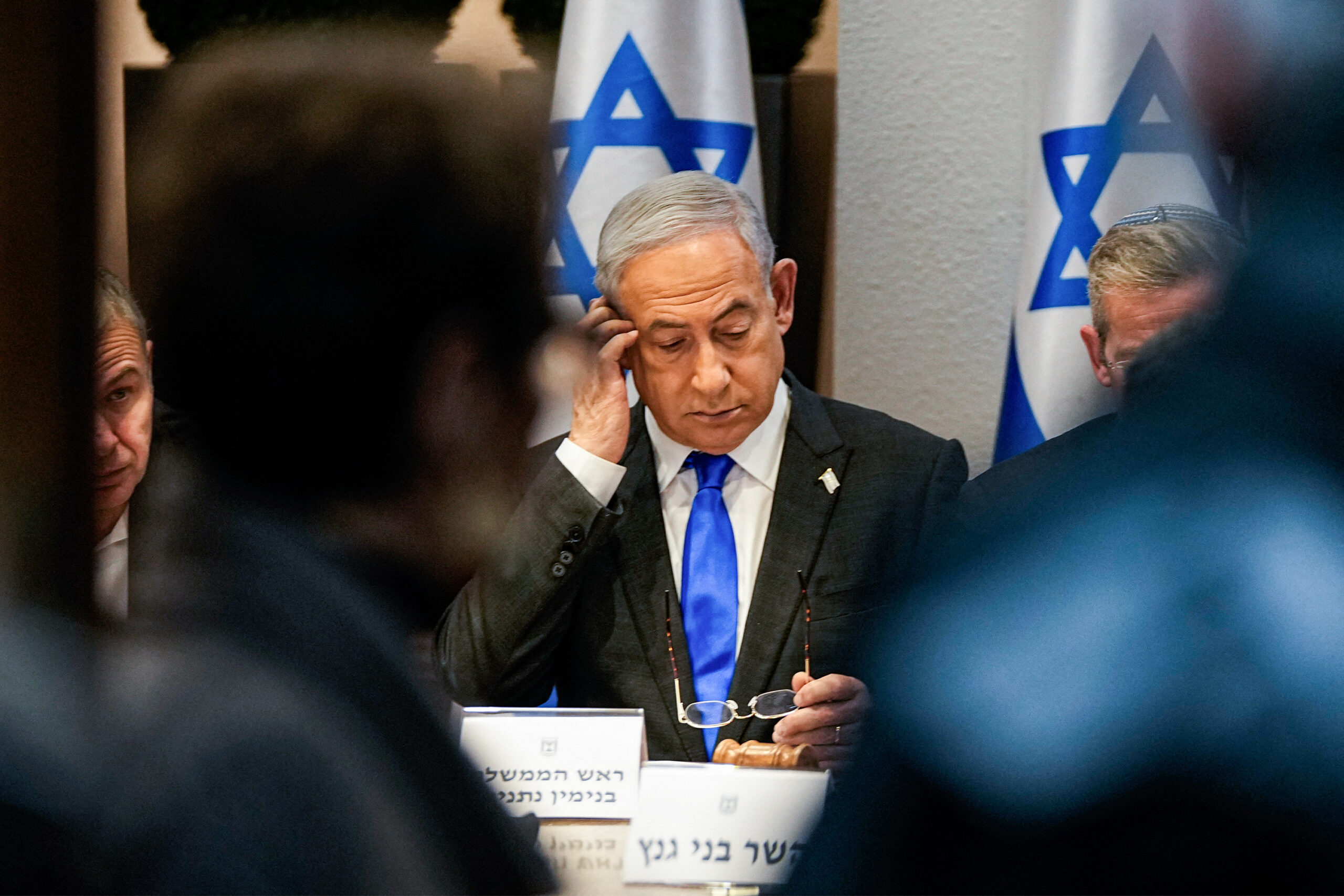Israeli officials are increasingly concerned that the International Criminal Court (ICC) is preparing to issue arrest warrants for senior government officials in connection with the conflict involving Hamas, according to information from five Israeli and foreign officials.
The officials, who spoke on the condition of anonymity due to the sensitive nature of the matter, believe that the ICC is also considering arrest warrants for leaders from Hamas, the Palestinian militant group.
The potential charges against Israeli officials could include allegations of obstructing humanitarian aid delivery to the Gaza Strip and employing an overly aggressive response to Hamas-led attacks on Israel. Prime Minister Benjamin Netanyahu is among those speculated to be named in a warrant, although the specific individuals from Hamas and the crimes involved remain unclear.
The Israeli officials did not disclose the basis of their concerns regarding potential ICC action, and the court declined to comment on the issue.
If the ICC proceeds with arrest warrants, it could be viewed internationally as a significant moral indictment, particularly against Israel, which has faced criticism for its actions in Gaza, including from U.S. President Joe Biden.
The potential impact of such warrants on Israel’s milit ary policies is also a consideration. One official indicated that the possibility of ICC action has influenced recent Israeli decision-making.
The status of the ICC process remains unclear, with the issuance of warrants requiring approval from a panel of judges and not necessarily leading to immediate arrests or trials.
Karim Khan, the ICC’s chief prosecutor, has previously confirmed investigations into incidents during the conflict but declined to comment for this article, citing a policy against addressing media speculation.
Prime Minister Netanyahu, in response to speculation about arrest warrants, voiced opposition to any ICC intervention that he perceives as a threat to Israel’s right to self-defense.
The ICC, based in The Hague, is the world’s only permanent international court authorized to prosecute individuals for war crimes, genocide, and crimes against humanity. The court relies on member countries, not including Israel or the United States, to execute arrest warrants.
The conflict between Israel and Hamas, which escalated after a raid by Hamas in October, has resulted in significant casualties and damage on both sides. The ICC’s potential involvement raises complex legal and diplomatic questions amid ongoing tensions in the region.
Both Hamas and the Israeli military declined to comment on the ICC’s actions, and the Israeli defense minister’s office also refrained from making a statement.
The developments underscore the challenges of international legal accountability in complex geopolitical conflicts, emphasizing the ICC’s role in addressing alleged war crimes and promoting accountability for all parties involved.
SOURCE: NEW YORK TIMES


You must be logged in to post a comment Login